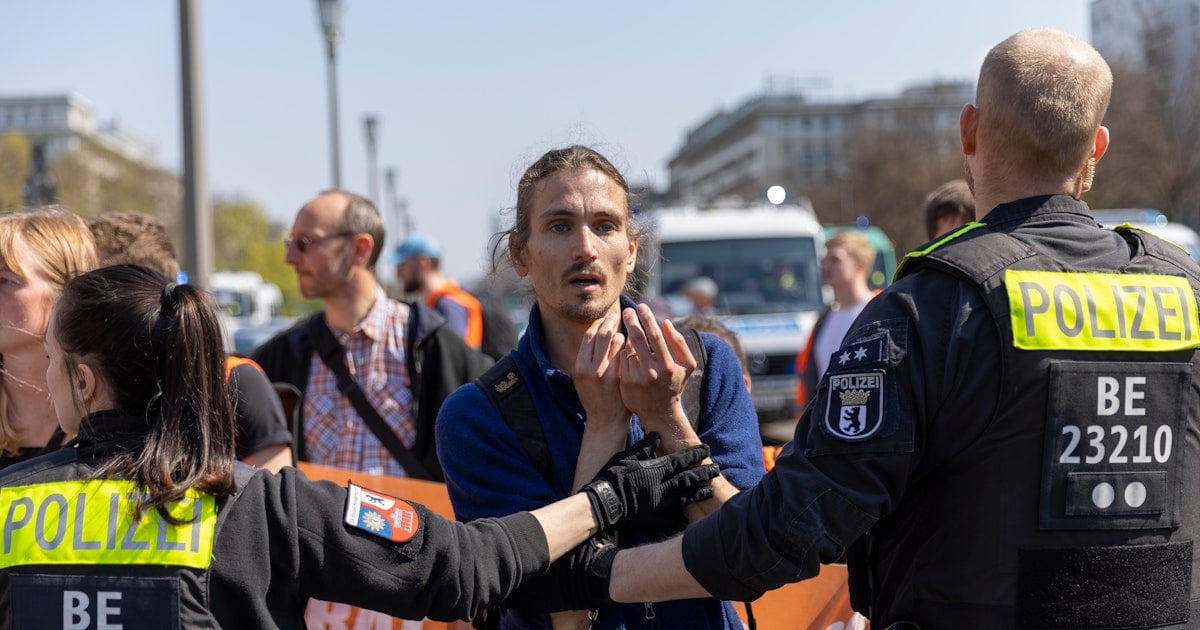- cross-posted to:
- [email protected]
- [email protected]
- cross-posted to:
- [email protected]
- [email protected]
cross-posted from: https://slrpnk.net/post/2154671
The Atlas Network describes itself as “a nonprofit that aims to secure the right to economic and personal freedom for all individuals” through its global network of think tanks. But before it was a network, it was just one think tank: the U.K.-based Institute of Economic Affairs, or IEA, founded by a man named Antony Fisher.
Fisher was born into a wealthy mining family. After service in the Royal Air Force during World War II—where, legend has it, he watched his brother plummet to his death after his plane was shot down—he was inspired to fight for a freer and more prosperous world in order to end war. Shocked that the British public elected the Labor Party in their first postwar election, Fisher decided he must make sure people voted the right way next time around. He was further inspired by conversations with Austrian economist Friedrich Hayek, who blamed socialism for all of society’s ills. Fisher considered running for office in the early 1950s, but Hayek told him to forget about getting into politics himself and to engage instead in a “war of ideas” by targeting the intellectual class.
After starting the IEA in 1955, Fisher landed the think tank’s first big corporate donor in the early 1960s: Royal Dutch Shell. BP soon followed suit, and suddenly the IEA started to have some real impact.
In its early years, the IEA “would get these professors to write short, digestible articles, often around things like currency conversion or, sort of, things that were fairly technical to the noneconomists,” said Jeremy Walker, a senior lecturer at the University of Technology Sydney, longtime Atlas Network researcher and author of the book More Heat Than Life: The Tangled Roots of Ecology, Energy and Economics. “But then they would have these wealthy donors to the IEA who would buy copies and send them to all the schools and the universities.”
Not disclosing their corporate donors was a key to IEA’s success too. “The think tank method allowed corporations to say things that they couldn’t say themselves without appearing to be merely speaking to their own profit motives,” Walker said. These tactics allowed the IEA to amass influence in the U.K. and to help spread conservative free-market ideology in British politics throughout the 1960s and ’70s.
Given the IEA’s growing success in quickly pushing U.K. politics to the right, Fisher decided to take the show on the road. In 1970, he did a speaking tour in the U.S. with the Institute for Humane Studies—an organization funded by Charles and David Koch, early on in what would be a decades-long career in massively reshaping American politics for industry’s benefit. In those U.S. talks, Fisher encouraged American businessmen to fight back against the social movements of the 1960s. In 1974, Fisher traveled to Canada, co-founding his first think tank outside Britain: the Fraser Institute. The same year, the IEA loaned one of its leaders, Nigel Vinson, to rising conservative politician Margaret Thatcher to start a sister think tank, the Centre for Policy Studies in the U.K.
Fisher then traveled to Australia, where Rupert Murdoch helped him found the Centre for Independent Studies in 1976. Back in the U.K., Fisher co-founded the Adam Smith Institute, another IEA copycat, in 1977. In 1978, he returned to the United States, where he co-founded the Manhattan Institute in 1978 and the Pacific Research Institute in 1979, again with help from the Koch brothers and the extractive industry. By this point, his work with the IEA and the Centre for Policy Studies had succeeded in getting Margaret Thatcher elected. Famed “free market” economist Milton Friedman would later say that “the U-turn in British policy executed by Margaret Thatcher owes more to Fisher than any other individual.”
Fisher wanted to connect all the IEA-style organizations he’d started into a network so that they could more easily work with each other, and asked Hayek for introductions to his “friends in Houston”—oil executives—for funding. The Atlas Network, which launched in 1981, initially only included the first dozen or so think tanks Fisher had helped to found himself, but quickly expanded to include hundreds of like-minded member organizations, including all the Koch-affiliated think tanks in the U.S. (The Cato Institute, the Heartland Institute, the Heritage Foundation, and the American Legislative Exchange Council—some of the most influential forces shaping U.S. conservative politics—are all members.)
…
U.K.-based Atlas member think tank Policy Exchange, meanwhile, put out a report in 2019 describing Extinction Rebellion, an organization famous for shutting down parts of London to call for aggressive climate action, as “an extremist organization seeking the breakdown of liberal democracy and the rule of law.” As happened in Germany, several U.K. politicians and conservative media outlets have since repeated that framing. It wasn’t long before people began cold-cocking Extinction Rebellion activists as they blocked roads or staged other forms of nonviolent, disruptive protest. Four years later, during a speech at Policy Exchange’s annual summer garden party in 2023, U.K. Prime Minister Rishi Sunak thanked Policy Exchange members for “helping us draft legislation” that significantly criminalized various forms of protest, increased police power, and created the criminal offense of “willful obstruction of the highway” to curb protests that block roads. In the wake of the law’s passage and several arrests and court cases, Extinction Rebellion announced it would no longer engage in disruptive protest.



This article ist definitely in the “Not going to read, because it will just make me sad” category for me
I read it. It made me angry.